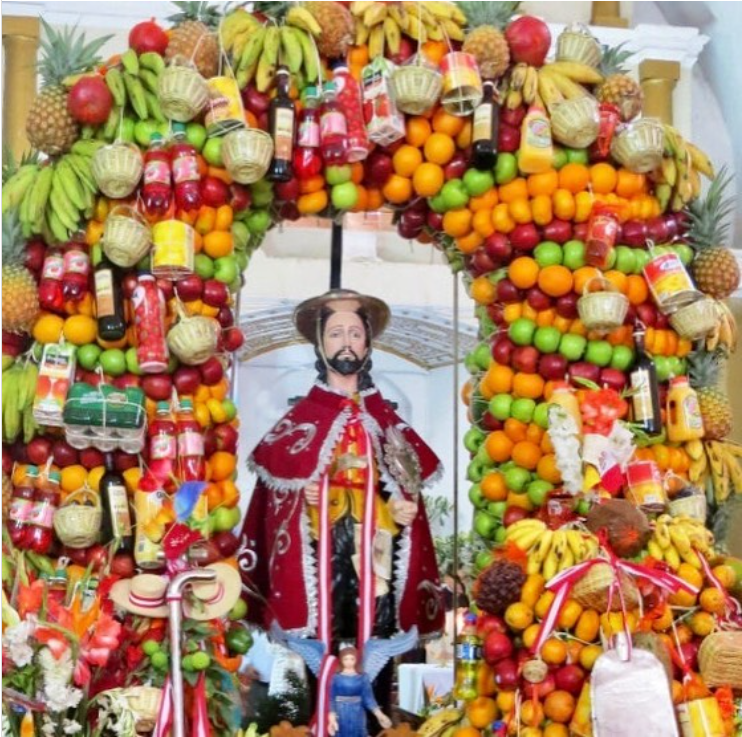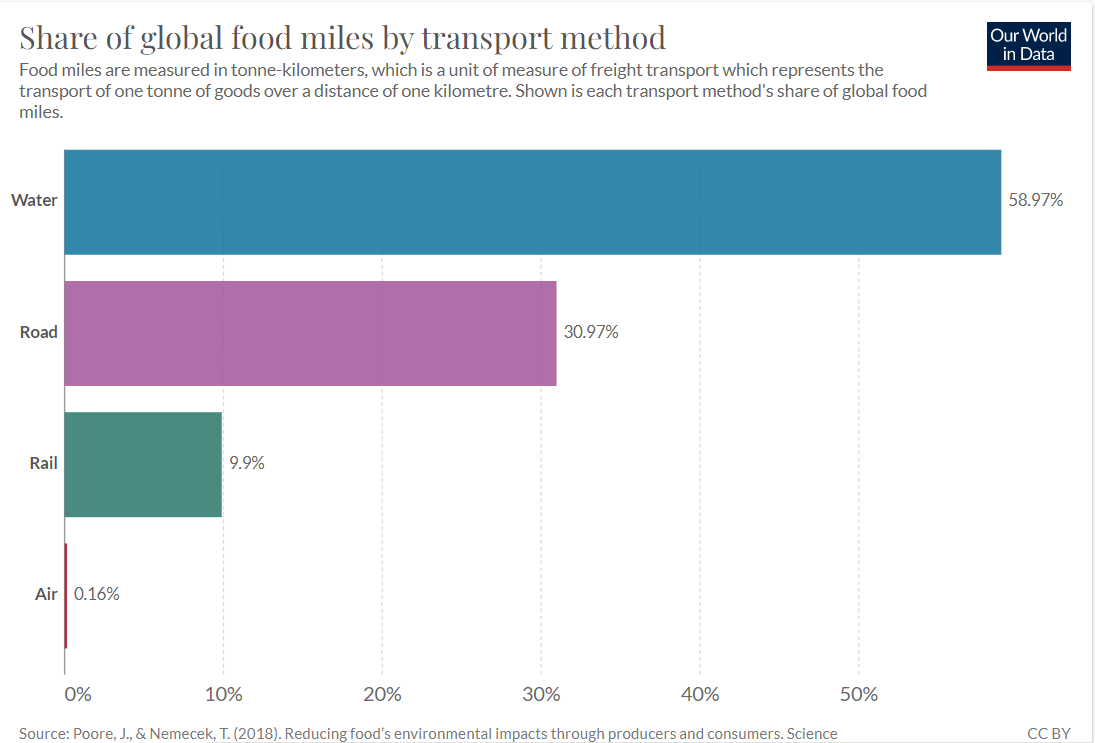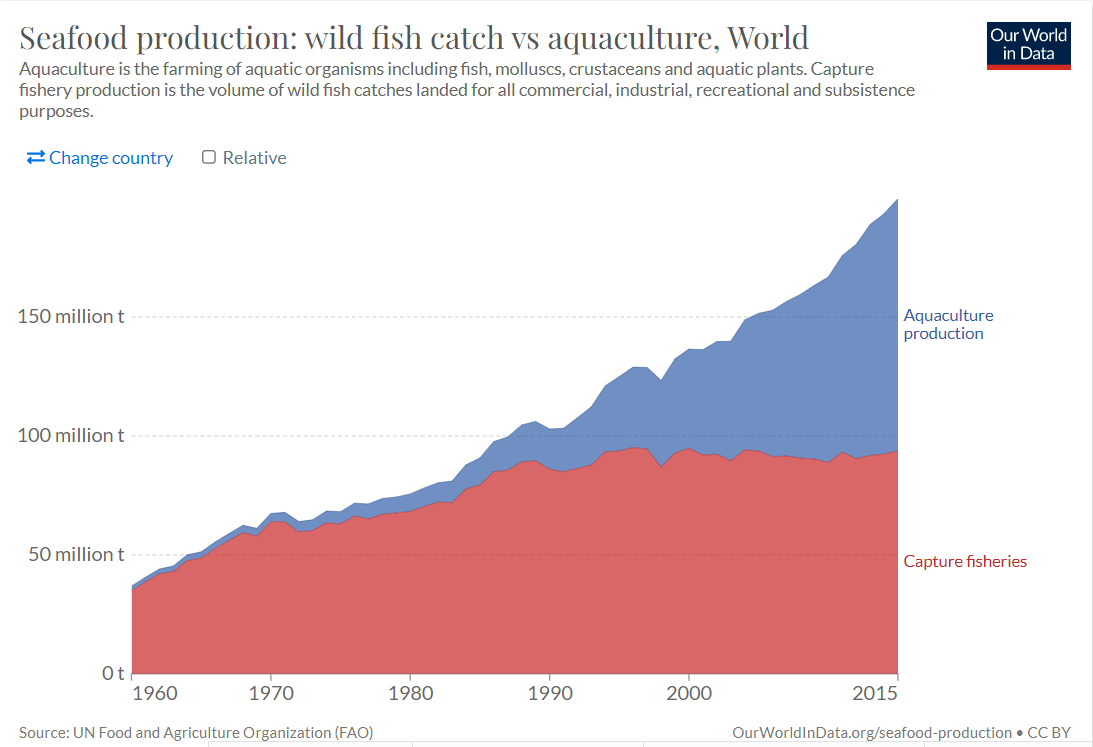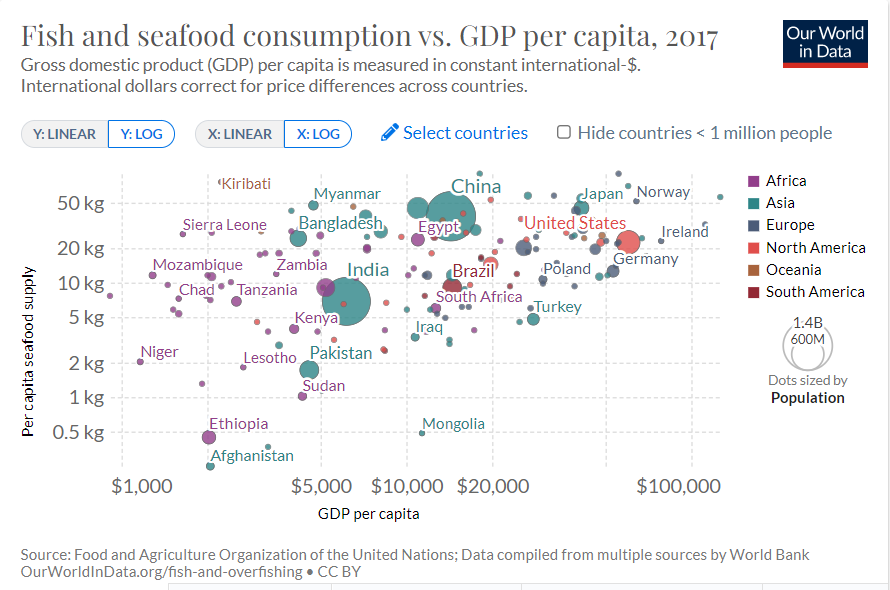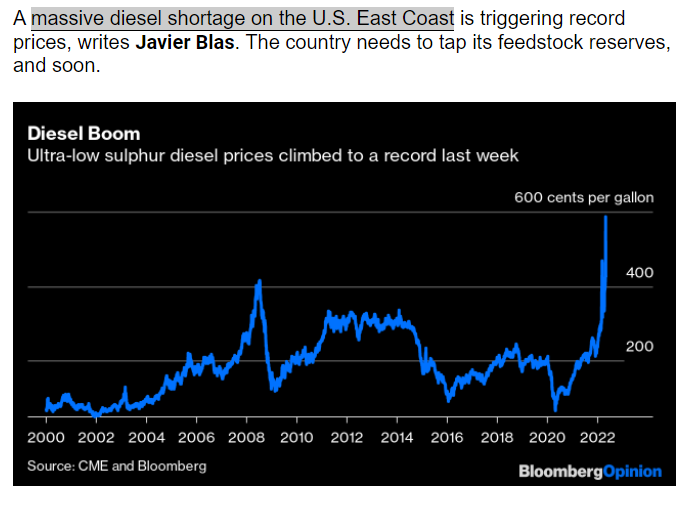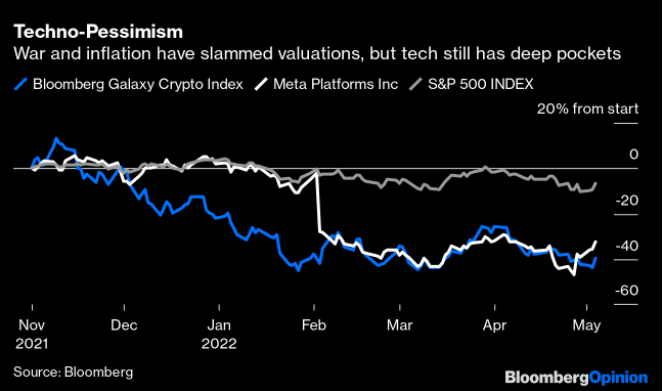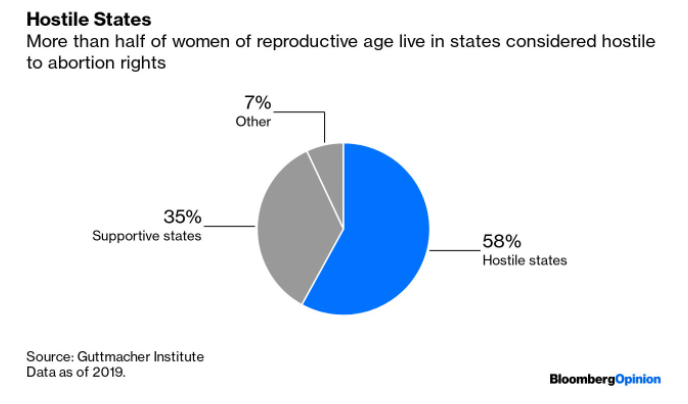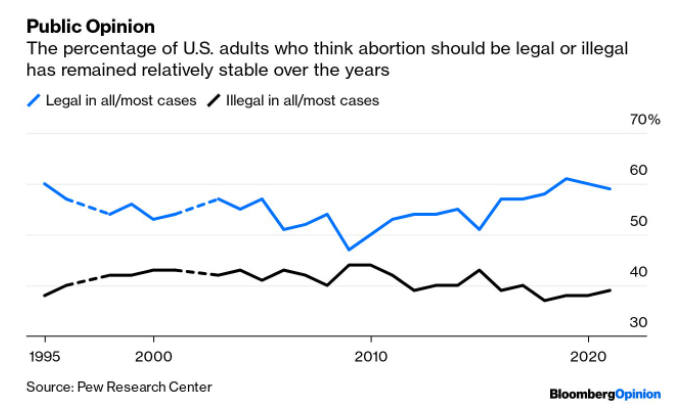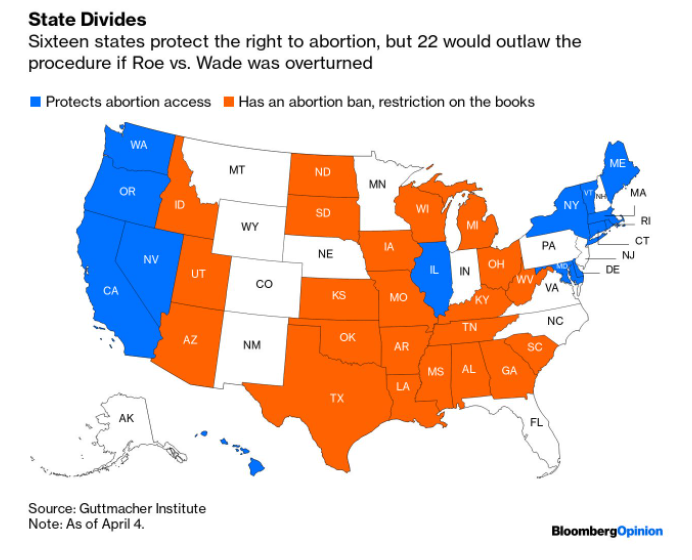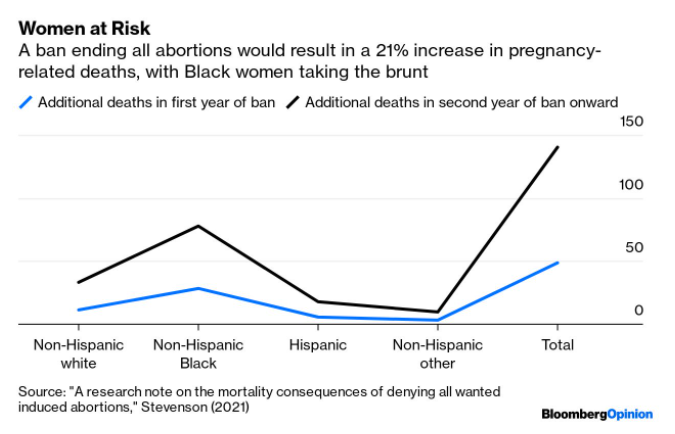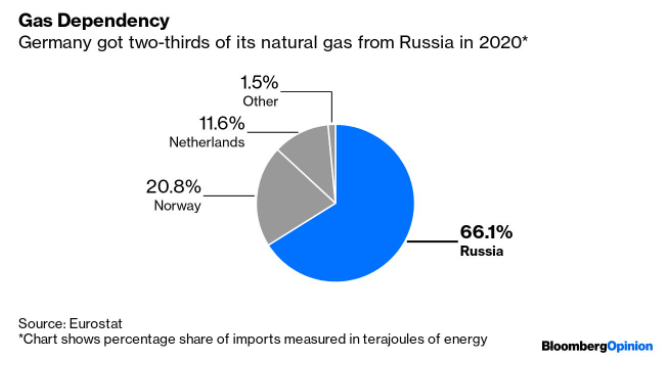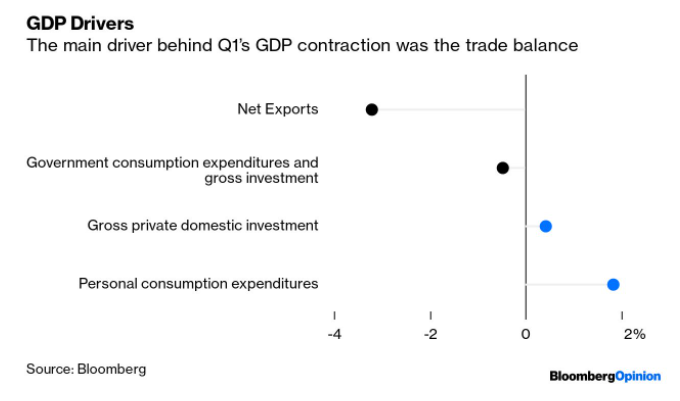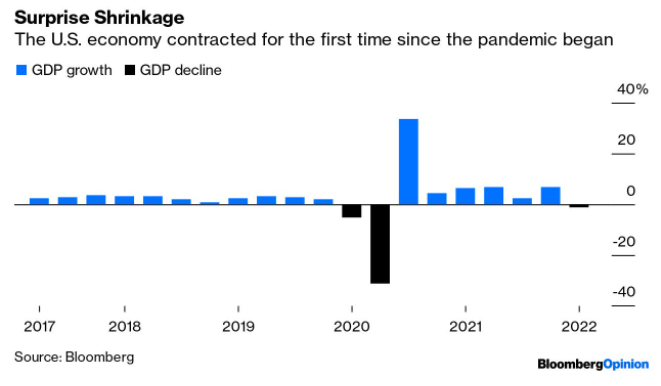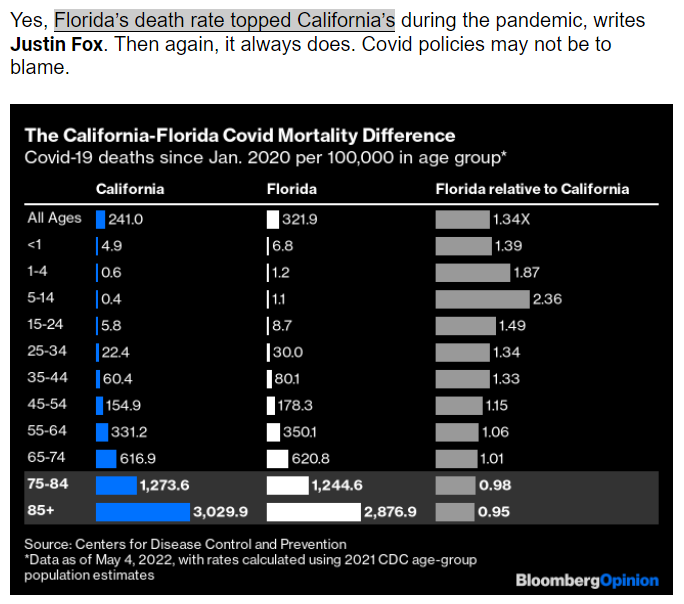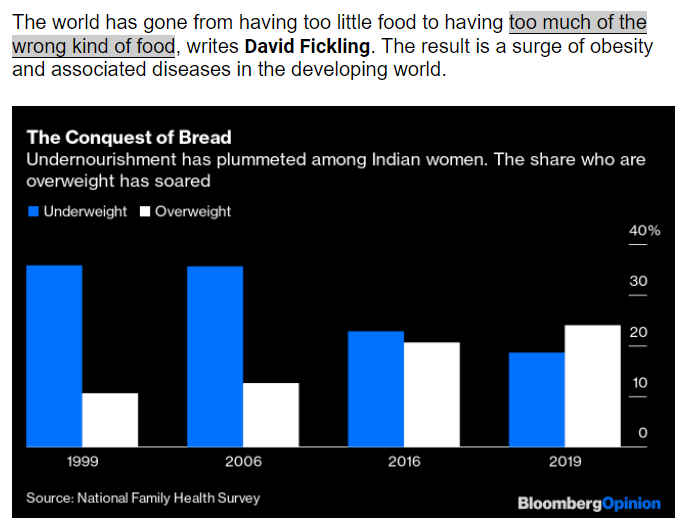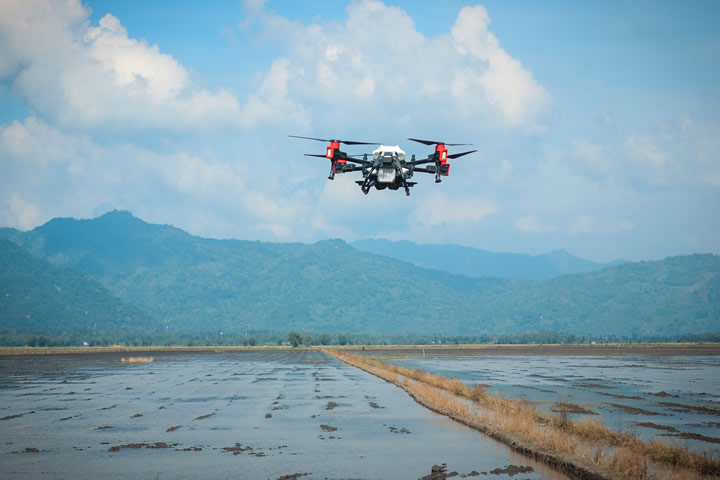You
can also view the message online

Châtenay-Malabry (FR - 92290), May 16, 2022
EFITA newsletter / 1039 - European Federation for Information Technology in Agriculture, Food and the Environment
The informatique-agricole.org site offers you the possibility of subscribing the RSS feeds of its two newsletters
See RSS feeds to implement to ensure that you continue to receive this newsletter
To unsubscribe this newsletter, please contact me directely: guy.waksman(a)laposte.net if this link Unsubscribe does not work.

To correspond with me (GW), please use this address: guy.waksman(a)laposte.net
To subscribe the efita newsletter (please ask your friends and colleagues to test this link)
Efita Newsletters subscription
Before computers: Vintage tractors
Weekly newsletters about ICT in Agriculture in English and French
Both newsletters have around 14000 subscribers.
>>> Last weekly EFITA Newsletters in English (created in 1999) Efita Newsletters
>>> Last weekly AFIA Newsletters in French (created more than 20 years ago in 1997) Afia Newsletters
>>> Statistics for the last efita newsletter
>>> Last issue of the afia newsletter
>>> Last available satistics for the afia newsletter
World celebrations to St. Isidore the Farmer — the patron saint of agriculture, By Jaclyn Krymowski, May 14, 2021
The springtime and planting season have long been a time of a time of personal, societal, and religious significance. This is not just a part of our history, but carries through to our current day. On May 15, the Roman Catholic Church celebrates the feast of Saint Isidore the Farmer (aka Saint Isidore the Laborer) — he is agriculture’s very own patron saint. As a farmer and husband, he stands unique among the church’s canon of saints — many of which are clergy, virgins or martyrs.
For generations, this 12th century Spanish saint — along with his wife, Saint Maria — has been celebrated around the world, hailed for his holiness, and revered as the embodiment of the hidden virtues honed by the everyman in his daily work. With his simplistic yet remarkedly holy nature, it’s no wonder that Saint Isidore has found an especially endearing place among the devout Catholic laity.
.../...
Potaoes field by Sir George Clausen
Very little of global food is transported by air; this greatly reduces the climate benefits of eating local
Transporting food by plane can come with a large carbon footprint. But very little of our food travels this way – just 0.16% of food miles are from air travel.
| See
ourworldindata.org |
The world now produces more seafood from fish farms than wild catch, by Hannah Ritchie
Growing demand for seafood has placed increasing pressures on wild fish populations. One innovation has helped to alleviate some of the pressure on wild fish catch: aquaculture, the practice of fish and seafood farming. Aquaculture production has now overtaken wild fish catch.
Combatting zoonoses and addressing AMR on the Planet with a One Health Approach
23 June 2022 - PARIS
On 23 June 2022, the InterAcademy Partnership (IAP) and the Federation of European Academies of Medicine (FEAM) will organise an international conference on ‘Combatting zoonoses and addressing antimicrobial resistance (AMR) on the Planet with a One Health Approach’.
This will be a hybrid event, in Paris and via zoom, which will run from 09:00 to 16:00, with several panels throughout the day. The conference will bring together high-level global experts who will look at how to support the development of transdisciplinary approaches to One Health priorities.
Experts will also share lessons from good practices across Europe on One Health preparedness and response capacity and, together with policymakers, discuss EU priorities in the global context and explore how the EU can help lead global action.
As academic partners, this IAP and FEAM event is supported by the four French academies of Medicine, Veterinary Sciences, Pharmacy and Agriculture, the UK Academy of Medical Sciences, the Royal Netherlands Academy of Arts and Sciences and the Romanian Academy of Medical Sciences.
See feam.eu
Ploughing by George Clausen
How does the stringency of government COVID responses differ by vaccination status?
The Oxford COVID-19 Government Response Tracker collects publicly available information on 17 indicators of government responses, spanning containment and closure policies (such as school closures and restrictions in movement); economic policies; and health system policies (such as testing regimes).
Using nine of these indicators they calculate a composite measure called the Stringency Index. A higher score indicates a stricter response (i.e., 100 = strictest response). If policies vary at the subnational level, the index is shown as the response level of the strictest sub-region.
Since government policies may differ by vaccination status, the Stringency Index is calculated for three categories: those who are vaccinated; those who are non-vaccinated; and a national average which is weighted based on the share of people that are vaccinated.
→ Explore our global vaccination dataset, alongside cases, deaths, hospitalizations, testing, and other metrics by country in our COVID Data Explorer.
How did we see the future yesterday??
See
the incredible collection developed by Alain Fraval
FutureFarming.com
> Field Trials podcast – Need a cab?
Crop innovations specialist Ian McDonald considers why cab-free autonomous equipment designs have proliferated, but not completely usurped more traditional designs.
> Ag Professionals
CHC Navigation opens dealership opportunities to precision farming professionals worldwide. Be our dealers in your region and grow your precision farming business with the affordable automated steering retrofit kits for tractors.
> Robotic solution for automating lettuce harvesting
Lettuce is a valuable crop in Europe and the USA. But labour shortages make it difficult to harvest this valuable field vegetable, as sourcing sufficient seasonal labour to meet harvesting commitments is one of the sector’s biggest challenges.
> Azurit brings more yield!
Due to the optimized space distribution the plant gets more nutrients, water and light. Thereby the precison seed drill Azurit has been proven to increase yield up to 4,5 %. Convince yourself of the advantages of the innovative precision seeding technology in the DeltaRow method.
> Drip irrigation: Experimenting with drip irrigation in seed potatoes on wide beds
For Dutch seed potato grower Klaas Schenk, the switch to wide-bed cultivation and the use of drip irrigation was mainly a learning experience.
> Weather data: Sencrop raises $ 18 million to accelerate agro-weather solutions
Sencrop, a European agro-tech player in precision farming through its collaborative agro-weather solutions based on microclimate, announced an $ 18 million Series B funding round led by international venture capital fund JVP.
> Autonomous tractors: Autonomous Case IH Magnum with cab drives in Brazil
At the Agrishow in Ribeirão Preto in the Brazilian state of São Paulo last week, the autonomous Case IH tractor equipped with a cab was shown to the public for the first time.
> Dedalo rover to autonomise very narrow orchards
FieldRobotics, a young spin-off company of the University of Bologna, is developing robotic field rover Dedalo. Dedalo is patented on four aspects and able to carry payloads up to 1,000 kg.
> Harvesting: Indian start-up develops autonomous cotton picker
Indian start-up Green Robot Machinery (GRoboMac) has developed a cotton picker with autonomous robotic arms, mounted on a semi-autonomous electric farm vehicle.
> Robotics: WUR receives grant for development of agricultural robots
Wageningen University & Research (WUR) in the Netherlands will receive 12 to 17 million euros from the Dutch NXTGEN HIGHTECH program for its research into smart agricultural and horticultural robots.
> Crop sensors
Wearable sensor for plant leaves warns of heat stress in crops
A wearable sensor for plant leaves wirelessly transmits data to a smartphone app, allowing for remote management of drought stress in crops.
> Tractors: JCB Fastrac iCON offers advanced precision ag technology
JCB has launched new Fastrac 4000 and 8000 Series tractors The 175hp to 348hp (133kW to 260kW) JCB Fastracs are available with fully-integrated ISOBUS, precise JCB GPS guidance and implement control applications.
> Weather data: Sencrop raises $ 18 million to accelerate agro-weather solutions
Sencrop, a European agro-tech player in precision farming through its collaborative agro-weather solutions based on microclimate, announced an $ 18 million Series B funding round led by international venture capital fund JVP.
See futurefarming.com
Peasant Girl by George Clausen
Farmers Have Trust Issues With Big Data -- For The Same Reasons We All Do, by By Michael Gilbert March 21, 2022
Precision agriculture is changing the way people farm. But the familiar pitfalls of data collection threaten to hold the industry back.
.../...
A 2018 study looked at farmers’ perspectives on Big Data, and found privacy and ownership were among their biggest concerns. Who is collecting the data gathered from my fields? Is it being sold to others? Is the advice I’m getting on everything from pest control to fertilizer unbiased and objective … or is there a hidden agenda? That’s why agtech providers need to offer clarity on what data is being collected, why, and how it will ultimately be used. Farmers have a good nose for conflicts of interest, and nobody wants to see their information sold to third parties, or potentially used against them.
In the face of challenges ranging from shifting weather patterns to supply chain disruptions, precision agriculture represents a powerful way to help nature feed a growing population. The right data means the potential to do more with less: fewer inputs and lower costs for higher yields and greater ROI. But for this potential to truly be realized requires looking beyond data collection, machine learning and cutting-edge technology and seeing eye-to-eye with the one person who makes this all possible: the farmer.
See entrepreneur.com
Ploughing on an Autumn day by George Clausen
How the Food Industry Can Meet the Needs for Traceability and Sustainability
Modern agriculture and food production need to be recalibrated to support the sustainability demands and traceability requirements that come with them.
See precisionag.com
Indianapolis to Host Second Annual Tech Hub LIVE Conference and Expo July 19-21
Conference programming to provide actionable solutions for agricultural retailers.
See precisionag.com
John Deere See & Spray Ultimate: Targeting Weeds in a Blink of an Eye
Cotton Grower Editor Jim Steadman got a first-hand look at John Deere’s new See & Spray Ultimate technology.
See precisionag.com
How Are Indian Agritech and Agri-Fintech Startups De-Risking Agriculture For Farmers?
India’s agritech startup ecosystem has flourished in the past couple of years by leveraging tech to mitigate chronic issues.
See precisionag.com
Startups Are Leading the Way in Agtech and Food Innovation
Agtech and new food startups are hot in terms of funding, technical innovation, product development, and ROI.
See precisionag.com
Gleaners Coming Home by George Clausen
Sencrop closes $18m Series B round to go global with its ag weather stations, AFN, by Lucy Ngige
Sencrop, a French startup providing weather analytics services for agriculture, has just raised $18 million in Series B funding.
The round was led by Jerusalem Venture Partners. EU-backed EIT Food, Stellar Impact, IRD Management, and Sencrop’s existing shareholders — including BPIfrance, Demeter IM, and NCI Waterstart — also invested.
Sencrop closed a $10 million Series A round in January 2019, using the funding to expand its network of weather stations and its user base. It now serves around 20,000 farmers across several European countries, including Germany, Italy, Spain, the Netherlands, and the UK, in addition to its native France.
Founded in 2016, the Lille-based startup plans to deploy its latest Series B funds to launch into North America and other overseas markets while strengthening its existing footprint.
It will also use some of the capital to open an extension at the new International Foodtech Center in Israel.
“Sencrop’s mission is to democratize precision farming and reduce crop risks for farmers,” Martin Ducroquet, co-founder and general manager, said in a statement.
.../...
See agfundernews.com
Diesel price up
Cryptos and Meta down
US Women facing states hostile to abortion right
Public Opinion about Abortion authorization
AgriDigital helps Aussie grain players collateralize their crop for working capital. Now it’s heading Stateside, AFN, by Jack Ellis
Australian grain management platform AgriDigital raised A$25 million ($17.7 million) in a recently closed funding round, as it seeks to expand its offering to help smaller industry players access same-day working capital loans.
- The funding included both equity and debt components.
- AgriDigital did not disclose the identity of the round’s lead, though a statement from the startup said it is “a large global investor with experience in debt finance.”
- The Sydney-based company has previously raised funds from the US’s 1st Course Capital and Australia’s Square Peg Capital, among others.
Co-founder and CEO Emma Weston told AFN that AgriDigital will use the funds to “enhance our existing platform, grow our supply chain finance fund, and drive our global expansion with key partners.”
As part of this plan, AgriDigital will resume its growth strategy in North America, which had been cut short by the Covid-19 pandemic, Weston says.
.../...
See agfundernews.com
Bird Scaring by George Clausen
Food delivery is available almost anywhere, but technology is lagging, Axios, by Joann Muller
Food delivery needs tech support in some neighborhoods, by Joann Muller, author of Axios What's Next
Internet-based food delivery services have the potential to transform the lives of people who live in "food deserts" — but only if broadband becomes more widely available there, according to a new Brookings Institution report.
Why it matters: Access to healthy food is closely tied to economic security and public health. And while lots of low-income neighborhoods don't have great local supermarkets, they do have access to the four most prominent food delivery platforms: AmazonFresh/Whole Foods, Instacart, Uber Eats and Walmart.
What's happening: Brookings found that 93% of Americans have access to "rapidly-delivered fresh groceries or prepared foods" through at least one of the four providers, including 90% of food desert residents.
- But the services — which could be life-changing — tend to be costly.
- And without reliable broadband service and the skills and devices to order food online, many people are unable to use them.
"Delivery services are not a panacea," Adie Tomer, a senior fellow at Brookings Metro, tells Axios.
- Rather, the potential for these services to improve the lives of low-income people should "push policymakers to modernize their approach to a whole range of related issues, from the price of delivery services and broadband to measuring how well small businesses can compete on digital platforms."
>> Details: The mismatch between access to food delivery and broadband coverage is most acute in certain urban areas.
- In one Chicago neighborhood where delivery is readily available, only 30.2% of households have broadband subscriptions, Brookings found.
- In all, 863,000 Chicagoans could have better access to food if they had mobile or broadband service, the researchers said.
- In Detroit, food insecurity could be addressed for nearly 600,000 people with better broadband service; in Atlanta, it's more than 1 million.
…/…
See axios.com
An Interior of a Barn, 1874, by George Clausen
Abortion: State Divides
Women at risks because of the ban ending all abortions
December by George Clausen
|
Gazette
de vitisphere.com, |
|
F&A Next spotlights 12 European startups solving some of the most pertinent issues in food & agtech, AFN Sponsored Post (the first 6)
>> OneSoil
OneSoil is a Swiss company offering precision farming tech to farmers in Europe and the Americas. OneSoil helps them improve the productivity and sustainability of their operations with data-driven solutions.
…/…
>> Orderlion
Even though the food industry is one of the largest in the world, many suppliers and wholesalers along the agrifood value chain still rely heavily on older technologies, like fax and answering machines, to handle daily orders from their customers.
Stefan Strohmer, CEO and co-founder of Orderlion, observed that restaurants placed orders from their suppliers in inefficient, non-standardized ways, and launched a B2B SaaS platform to solve this.
…/…
>> Plantik
Plantik is leveraging genome-editing technology to cut down the time taken to develop new plant varieties. “Genome-editing technologies are powerful, but their application in different industries is just kicking off,” says Ying Shao, co-founder and CEO, Plantik Biosciences.
Plantik is currently operating in Europe and is eyeing the US market. But the startup has faced market entry hurdles as some countries still need to build regulatory frameworks that separate genome-edited crops from GMOs.
…/…
>> Microharvest
Demand for alternative proteins is surging, with some projecting it to be worth $127 million by 2028.
“Everybody speaks about the increased demand for protein in 2050, but already today about 690 million people globally are undernourished. We should not replace the current food system; we should make it better,” says Katelijne Bekers, CEO and co-founder of Microharvest.
>> Pivotal
Businesses are looking for ways to become ‘nature positive’ and balance their impact on the environment. But measuring changes in biodiversity is difficult, as traditional methods of doing this are slow and tough to scale.
According to Pivotal, agriculture is the main source of biodiversity loss on land globally.
“The nature and climate crises are interlinked. We cannot solve either in isolation and we cannot solve the nature crisis simply by sequestering carbon,” says Cameron Frayling, the startup’s co-founder.
Pivotal uses machine learning and other technologies to accurately measure biodiversity at scale.
…/…
>> Ekonoke
Climate change’s rising temperatures and prolonged droughts are leading to the decimation of certain types of crops. One that’s under particular threat is hops: the flowers that give beer its distinct bitterness and aroma.
“If the climate emergency continues to accelerate, growing regions will be further reduced and eventually using real hops to make beer may be a luxury very few can afford, while others turn to synthetic substitutes,” says Ines Sagrario, co-founder and CEO of Ekonoke.
The startup has developed indoor growth recipes for multiple hops varieties and is improving selection bioprocesses to ensure maximum yield and high quality, and to safeguard biodiversity. While most indoor ag companies grow leafy greens and berries, Ekonoke focuses on hops – claiming the crop requires a customized approach.
.../...
See agfundernews.com
Old pesant woman by Sir George Clausen
What Europe’s top 15 agrifoodtech deals in 2021 told us about investment trends, AFN, by Jack Ellis
Food and ag tech startups in Europe raised close to $9 billion last year, according to the upcoming AgFunder Europe Agrifoodtech Investment Report, in collaboration with F&A Next, an AgFunder Network Partner.
While it was a record haul for the continent, it has fallen increasingly far behind the Americas — which are driven almost entirely by the world-leading US market — on around $24 billion, and Asia, where China and India dominate, on approximately $17 billion, according to AgFunder’s flagship AgriFoodTech Investment Report released in March.
That’s despite Europe almost matching Asia in terms of deal numbers – pointing to a market with plenty of dealmaking activity, but smaller ticket sizes on the whole.
.../...
2021 was the year of eGrocers and Restaurant Marketplaces; with most of the top 15 deals involving ‘quick commerce’ actors like Gorillas, Flink, or Picnic mobilizing over $3.5 billion and unicorns emerging almost from stealth. Beyond this delivery maze, Europe has experienced the fastest growth of every geography in 2021, with $9 billion raised in total. This vitality of entrepreneurship makes Europe weight for a quarter of all deals, but with an average deal size still much lower than US or China.
.../...
See agfundernews.com
Nasa
tests new spacecraft to guard Earth against asteroid strikes
Dart planetary defence mission will inform future response to Armageddon-style threats
German Russian gas dependency
Gas prices reached $4.22 per gallon in April, the highest nominal price ever and 16 cents higher than the previous record in 2008.
However, the time price tells a different story.
In 1929 it took a U.S. blue-collar worker about 24 minutes to earn enough money to buy a gallon of gasoline. Today the time price is around 6 minutes.
Dart planetary defence mission will inform future response to Armageddon-style threats
| 07
- 12/05/2022 See ft.com |
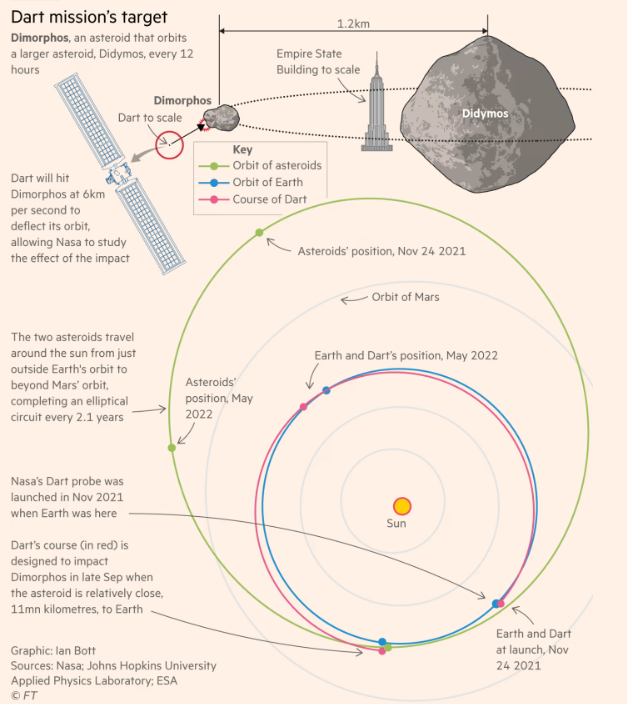 |
German Russian gas dependency
Gas prices reached $4.22 per gallon in April, the highest nominal price ever and 16 cents higher than the previous record in 2008.
However, the time price tells a different story.
In 1929 it took a U.S. blue-collar worker about 24 minutes to earn enough money to buy a gallon of gasoline. Today the time price is around 6 minutes.
Seville during Europe’s Age of Discovery, when the city was at the forefront of progress in maritime navigation
The expeditions launched from Seville, including the world's first global circumnavigation, ushered in an era of sea-based globalization that ultimately helped create modern society.
See humanprogress.org
Antiretroviral therapy is one of our best weapons against HIV, as it both slows the progression of the disease and prevents its transmission to others
Thanks to competition among generic manufacturers, the cost of antiretroviral therapy dropped from $10,000 per patient per year in 2000 to $64 in 2016, allowing millions to access treatment.
US GDP drivers
Bad surprise
Pinker vs. the AAAS on the politicization of climate change—and science in general
…/…
I will give three examples of how the AAAS appears to be going out of its way to alienate any politician or citizen who is not a strong leftist.
Science magazine appears to have adopted wokeism as its official editorial policy and the only kind of opinion that may be expressed in the magazine. An example is the recent special section on the underrepresentation of African Americans among physics majors, graduate students, and faculty members.
This situation is lamentable and worthy of understanding. But the six articles in the issue assume as dogma that the underrepresentation is caused by “white privilege”: that “the dominant culture has discouraged diversity,” and “white people use their membership in a dominant group to assert political, cultural, and economic power over those outside that group.”
Though Science is ordinarily committed to open debate on scientific controversies, no disagreements with this conspiracy theory were expressed. And though the journal is supposedly committed to empirical tests, no data were presented that might speak to alternative explanations, such as that the cause of the under-representation lies in the pipeline of prepared and interested students.
If we want to increase the number of African Americans in physics, it matters a great deal whether we should try to fix the nation’s high schools or accuse physics professors of white supremacy. Yet Science magazine has decided, without debate or data, to advocate the latter.
SciLine, the AAAS resource for journalists touted in your fundraising message, includes a webpage with primers on climate change. This includes the following articles on energy:
“Wind energy in the United States”
“Biomass energy in the United States”
“Hydropower in the United States”
“Renewable energy in the United States”
“Geothermal energy in the United States”
“Solar energy in the United States”
Notice anything missing? There is nothing on nuclear energy in the United States. This is despite the fact that nuclear energy is currently the carbon-free source that exceeds every one of these alternatives in US energy consumption, and despite the fact that such esteemed climate and energy scientists as James Hansen, Ken Caldeira, and Kerry Emanuel have written that “in the real world there is no credible path to climate stabilization that does not include a substantial role for nuclear power”,
For the AAAS to omit any mention of nuclear power in its resource for journalists on climate change is deeply irresponsible and can only be explained by the fact that nuclear power fell out of fashion among left-wing and Green political factions more than 40 years ago.
Last year, Science’s editor for the behavioral sciences, Tage Rai, posted racist, unsourced, obscenity-laced tweets which libeled an important science journalist (Jesse Singal) and accused a distinguished psychologist (Paul Bloom) of bigotry for interviewing him. (See screenshot below.) This was because they discussed hypotheses about transgender issues that disagree with the tendentious and scientifically dubious orthodoxy. Though Rai has since departed from Science, this kind of communication should not be the public face of this country’s premier journal for science.
As best I can tell, awareness of the hazards of politicization of science among the officers of AAAS and the editors of Science is zero. Certainly the issue has not been broached in its communications or the pages of the magazine. Yet this lurch to the left is distorting their coverage of vital scientific issues such as climate change, and is in danger of alienating the majority of American legislators and citizens who are not hard leftists.
I urge the AAAS and the editors of Science to become mindful of this vital issue for the future of science in this country.
See whyevolutionistrue.com
Covid Mortality in California and Florida
XAG promotes drones in Vietnam to boost rice farming while cutting fertilizer use
As the monsoon season starts with ample rainfalls, XAG is actively scaling up the use of its agricultural drones in Vietnam to make rice production more sustainable. Faced with the soaring prices of agricultural inputs, Vietnamese farmers can now employ drones from XAG to grow more rice using fewer resources. From direct seeding, pesticide spraying to fertilizer application, XAG's agricultural drones have seen its increasing popularity among rural youth who are keen to earn a decent salary as drone pilot.
Want to save the planet? Invest in better ag policy, not biotech meat, Forbes, by Michele Simon
Let’s say you want to save the planet, and you have a lot of cash to throw around. Be on the lookout for snake oil salespeople claiming they have the silver bullet solution in biotech meat aka cell-cultured meat.
The fantasy of biotech meat is a dangerous distraction from the entrenched politics that made conventional meat production so ubiquitous in the first place.
Available data suggest that in 2021, cell-cultured meat and seafood companies secured $1.4 billion in capital investments, the most in a single year so far.
Just last month, leading U.S.-based cell-cultured biotech meat company Upside Foods announced raising $400 million for its Series C round, bringing the total to $608 million and giving the company “unicorn” status (valuation at over a billion dollars).
.../...
See forbes.com/
The End of a Long Day by Sir George Clausen
Sophie Tucker for President
Your candidate for 1952!
On the day that I’m elected
All you gals who’ve been neglected
Will be furnished with a lover tried and true…
And here is my platform:
When I’m elected I will see to it that we women get our rights.
We’ll not only have better days but more enjoyable nights.
We’ve been getting the old one-two from all of you politicians
When what we want is great affection and better lovin’ conditions…
What you women need is a guy like Clark Gable to call on you every night at 9.
With a big long Kosher salami and a bottle of Manischewitz wine
He’ll take care of your welfare in a manner you’ll adore
And you can call your psychiatrist and tell him you don’t need him anymore…
| |
The distribution of this efita newsletter is sponsored by vitisphere.com
Please, contribute to the content of your efita newsletter, and advertise your events, new publications, new products and new project in this newsletter. Without your support, it will not survive!
Contact: Guy WAKSMAN
E-mail: guy.waksman(a)laposte.net
To read this newsletter on our web site
See Efita
The archives of this newsletter
See Efita
Do not miss the Virus Jokes in English and French
About the EFITA mailing list
You can use the efita moderated list (> 15000 subscribers) to announce any event / product / web site / joke (!) related to IT in agriculture, environment, food industry and rural areas.
If you want to subscribe a friend, please fill in his form.
If you do not wish to receive our messages, please fill in the following form...

